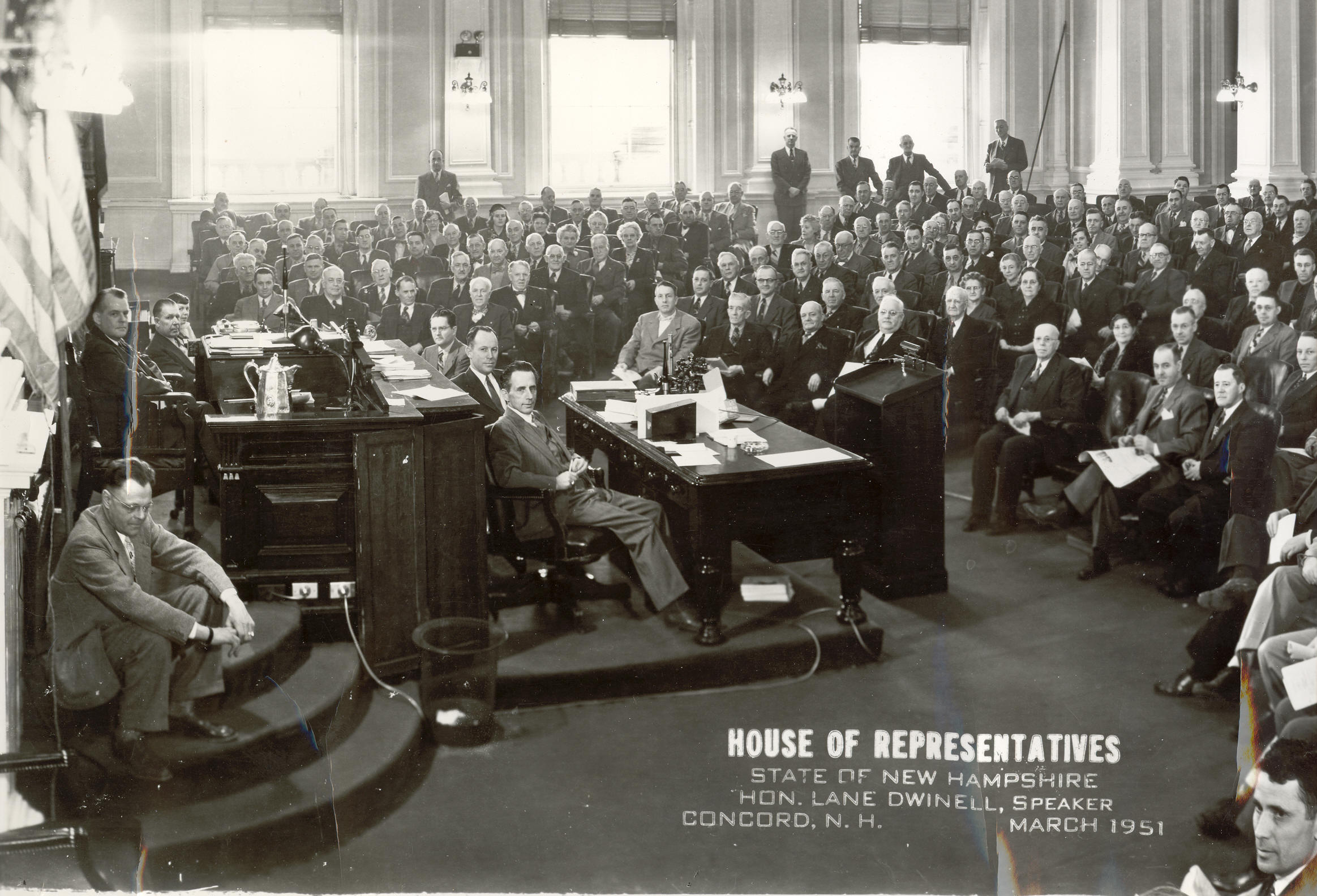

Newspapers Can Make it without Taxpayer Bailouts
By DEAN DEXTER
I don’t read as many newspapers as I used to. I often read virtual content online that appears in newspapers, but I read few actual newspapers. And since my daughter Abigail’s dark brown bunny rabbit, Cocoa, died one night shortly before Thanksgiving, after a high-speed emergency run to the 24-hour veterinary clinic, I might add, my use for them has dwindled even more, now that the rabbit’s cage lies empty in the garage.
Besides, most newspapers are not what they once were. True, big city tabloids continue to enrage, titillate, and stir up scandal as they always have (I love them). But they are struggling. The two New York tabs have been losing money for years.
Across the country, once prosperous newspapers are losing circulation and advertising dollars by the truckload. Some are closing outright. Their advertising is streaming online to places like Craig’s List. People looking for bargains are scrolling through E-bay.

Cocoa, Spring, 2001 - November, 2009
And what of the hard news and sob stories?
Twenty-four radio and television have been the bane of the ink-stained wretch class for years, but now with Matt Drudge, the Daily Beast, PoliticsDaily.Com, Gawker, Perez Hilton, et al, churning out the spectacular, and thousands of local blogs spread across every community, covering the not so spectacular, but certainly the stuff life is made of, everything from politics, to knitting, to cooking, to genealogy, to porn, let’s not forget the porn, why it’s a city editor’s nightmare.
So what we are seeing is the continued neutering of the newspaper business as it struggles for life. The content of most newspapers today is bland and safe. They seek to avoid offending a dwindling cadre of advertisers and readers.
“It’s the duty of a newspaper to afflict the comfortable, and comfort the afflicted,” a Chicago newspaperman of another era, Finley Peter Dunne, once wrote. Those days are gone from the newsroom, but that philosophy is alive and well on the web. Ever scan the readers’ comments below an online newspaper story? Forget the blogs. Those readers can be brutal.
Nope, the time when the late Manchester Publisher William Loeb would wage a one man war against the president of the state university, and run a front page four column photo of college kids mooning his readers, is over. And war it was. To this day, there is debate whether Loeb actually made a presidential candidate cry in front of his old Amherst Street offices. Was it tears on that cheek as he blurted out his tirade against the publisher during a winter squall with quivering voice, or was it merely a bit of snow? I say it was tears.
Oh, people would sputter about Loeb, and his editorial director Jim Finnegan, and his Sunday News Publisher B.J. McQuaid. But they could not go without that morning paper one day.
My grandfather once got so mad at Loeb for calling President Eisenhower “Dopey Dwight,” that he cancelled his subscription. For maybe a week.
As a kid, I’d visit the State House during school vacations, and sit in the gallery. As the smoke from the cigarettes, cigars and pipes rose slowly up to the rafters into a thick cloud, I’d observe a sea of newspapers below me. Four hundred lawmakers, mostly men, were reading Loeb’s newspaper. There were stacks of them in the cloakroom, delivered before sun-up every day the legislature was in session. “That’s the only way they’ll know how to vote,” I once heard someone say, from a few rows back.
But I believe there is hope for the newspaper business, to be found where it has always been, in the content. Newspapers will have to begin to amuse, compel, and exercise their readers again, as well as inform them.
The plethora of free newspapers around and about is testimony to that idea, even as some also have had to cut costs. The free weeklies are filling a niche with their unique fare, and the free dailies are giving their older sisters with their unions, high over-heads, and large staffs a run for their lives. And let’s face it, readers have never really paid for the news in newspapers, anyway. Advertisers have.
Yes, success will come to the nimble, witty and quick in this business. Not in government bailouts, which will only produce castrati in the newsroom, or in backing loans with taxpayers’ money, as occurred recently when the Governor and Council approved a loan guarantee for a newspaper in Claremont. Now, that’s a first. Guess we won’t be reading any criticism in that corner of the state for this governor, this council, or of anything that goes on at the state house, for that matter. The First Amendment cannot be silenced outright, but can it be bought? We’ll see.

New Hampshire House of Representatives,1951Session, Speaker Lane Dwinell, later governor and U.S. assistant secretary of state, presiding. At the press table to the left of the rostrum is Leon W. Anderson of the Concord Monitor, later Legislative Historian (the State Archives building is named in his honor), and D. Frank O'Neill of the then Manchester Union Leader (in glasses, third behind the two sitting at the clerk's table). Also seen in this portion of a larger panorama is future speaker W. Douglas Scamman Sr., Joseph H. Geisel of Manchester, Joseph F. Smith of Meredith, Captain Emery P. Eldridge of Exeter, Hilda Brungot of Berlin. If you can recognize others, please email names to this website. -- Dean Dexter Collection.
Column Published, Laconia Daily Sun, December 10, 2009
-- Posted December 7, 2009
Return to NH Commentary Home Page
© 2009 NHCommentary.Com
P.O. Box 706
Concord, NH 03302